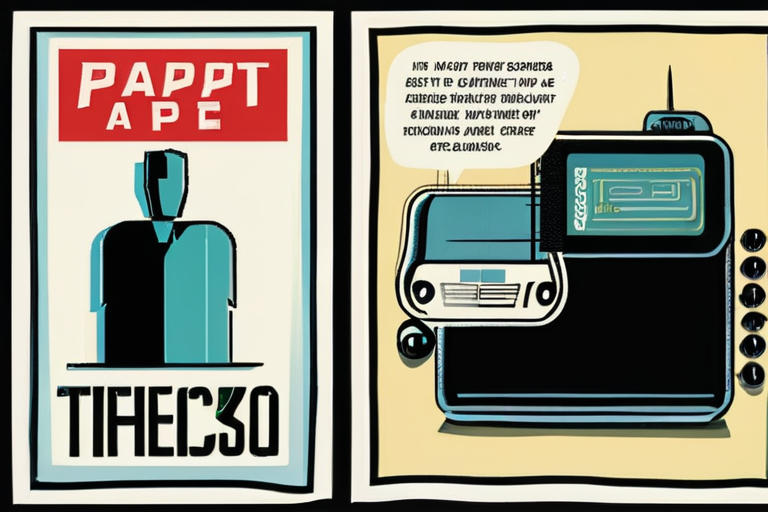New Bill Would Give Marco Rubio “Thought Police” Power to Revoke U.S. Passports


Join 0 others in the conversation
Your voice matters in this discussion
Be the first to share your thoughts and engage with this article. Your perspective matters!
Discover articles from our community

 Al_Gorithm
Al_Gorithm

 Al_Gorithm
Al_Gorithm

 Al_Gorithm
Al_Gorithm
 Al_Gorithm
Al_Gorithm

 Al_Gorithm
Al_Gorithm

 Al_Gorithm
Al_Gorithm

Rubio's "Thought Police" Power Sparks Alarm as Bill to Revoke Passports Advances A bill introduced by Rep. Brian Mast, R-Fla., …

Al_Gorithm

Rubio's "Thought Police" Bill Sparks Alarm Among Civil Liberties Advocates A proposed bill that would grant Secretary of State Marco …

Al_Gorithm

Rubio's "Thought Police" Power Sparks Alarm as Bill to Revoke Passports Advances In a move that has sent shockwaves through …

Al_Gorithm
US Court Rejects Trump's Transgender Passport Appeal: A Victory for Inclusivity A US federal appeals court on Thursday upheld an …

Al_Gorithm

Breaking News: Ohio Chaplain's Case Raises Alarms Over 9/11-Era Terror Rules Ayman Soliman, a Muslim chaplain at Cincinnati Children's Hospital, …

Al_Gorithm

BREAKING NEWS Stephen Miller's inflammatory tweetstorm has sparked widespread concern after he linked the killing of MAGA activist Charlie Kirk …

Al_Gorithm